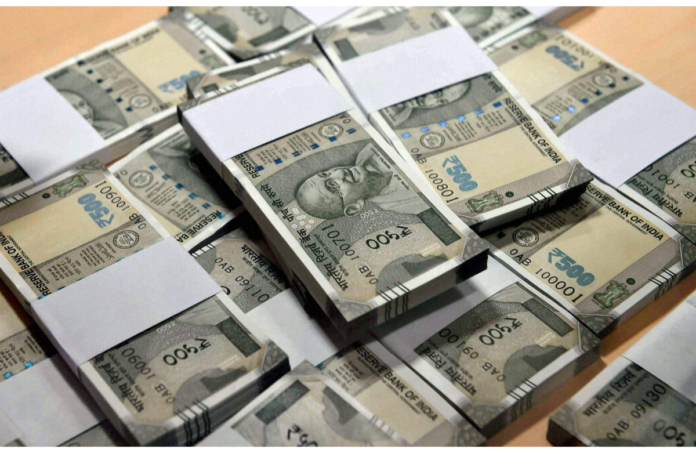Given that the Bharatiya Janata Party collected more than 60% of the donations made via the electoral bonds scheme between 2016 and 2022, the party is probably going to suffer the most as a result of the Supreme Court’s decision to discontinue the program. A five-judge bench led by Chief Justice DY Chandrachud ruled that the electoral bonds scheme was unconstitutional just months before the Lok Sabha 2024 elections. The plan violates people’ fundamental right to knowledge, the court declared.
A financial tool called electoral bonds enables people and organisations to provide money to political parties in secret. In lieu of financial donations, the BJP administration established them in 2018. They were presented as a project to increase political finance transparency.
Election Commission data shows that 28,030 electoral bonds were traded for ₹ 16,437.63 crore between 2016 and 2022.
Nearly 60% of the total donations, or ₹ 10,122 crore, went to the BJP, which was the main recipient of these contributions. In the same year, the ruling Trinamool Congress in West Bengal received ₹ 823 crore, or 8% of all electoral bonds, while the major opposition Congress party received ₹ 1,547 crore, or 10%.
Election-bond donations to the BJP exceeded the total contributions to all other thirty parties on the list by a factor of three.
The following are the donations that seven national parties reportedly received:
BJP: 10,122 crore rupees
Congress: INR 1,547 crore
TMC: ₹ 823 crore
CPI(M): ₹ 367 million
NCP: ₹ 231 crore
BSP: ₹ 85 crore
CPI: ₹ 13 crore
Additionally, according to EC statistics, the BJP got more than five times as much money through electoral bonds between 2017 and 2022 than the Congress did.
Although the goal of the electoral bonds was to reduce the amount of dark money in politics and increase openness in donations, the Supreme Court ruled today that these goals did not justify the program. It also demonstrated how similar objectives may be successfully attained by other means.



